Editor’s note: This post was done in partnership with Wirecutter. When readers choose to buy Wirecutter’s independently chosen editorial picks, Wirecutter and TechCrunch may earn affiliate commissions.
The best apps and online services are helpful tools that seamlessly integrate into everyday life. We’ve gathered some of our recommendations that can help with tracking your work, improving on sleep, and taking a mental break.
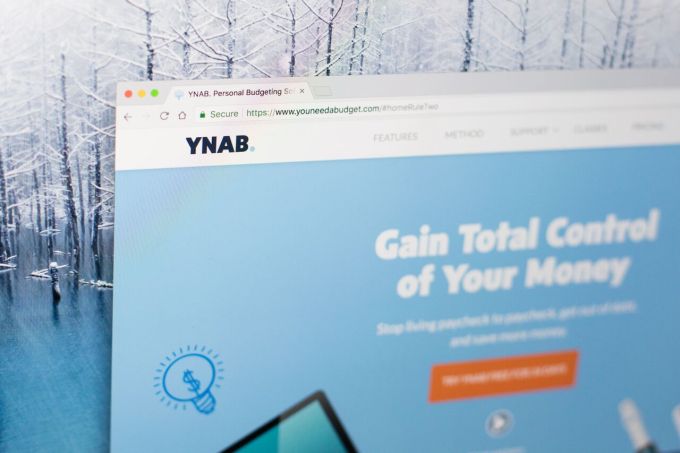
Photo: Rozette Rago
Budgeting
We researched nearly 50 options and tested six in order to conclude that You Need a Budget (YNAB) is the only budgeting app worth spending money on. It’s easy to set up, walks you through budgeting and saving, and can sync with your credit cards and banks.
You’ll be able to view month-to-month spending trends and get concise feedback that actually helps with sticking to your various budgets. We like that YNAB’s financial guidance delves deep and that it outlines a zero-sum budgeting model which leaves money allocation specifics up to you.
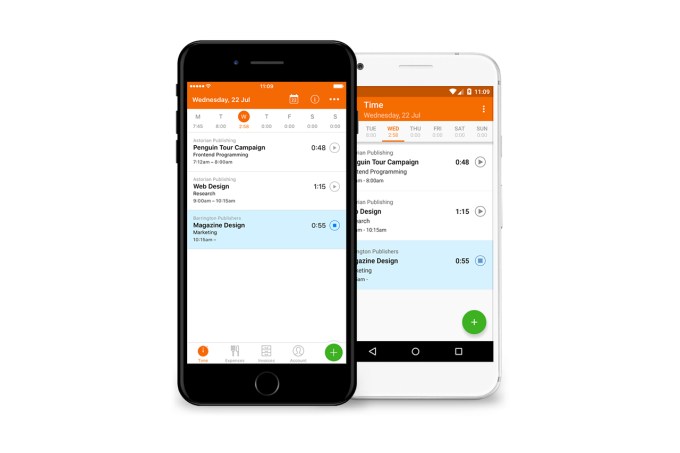
Time-Tracking and Invoicing
If you freelance or run a small business, Harvest is a helpful time-tracking tool that can also manage projects and create and send simplified invoices. It has an intuitive interface, and integrates with apps like Basecamp and Google Drive. Through interactive reports, you’ll be able to get a better sense of how your time and resources are being spent and you’ll be able to do so while working in other project management apps. Whenever you begin or continue work on a project, you can record expenses and track time on the Web or on the Harvest mobile app.
Harvest also allows you to monitor time-tracking records of team members and generate invoices through Stripe, the Web, PayPal or PDF. For another time-tracking service that’s just as easy to set up and accommodates more clients, we recommend FreshBooks. Its invoices are more customizable and can be sent through more payment services.
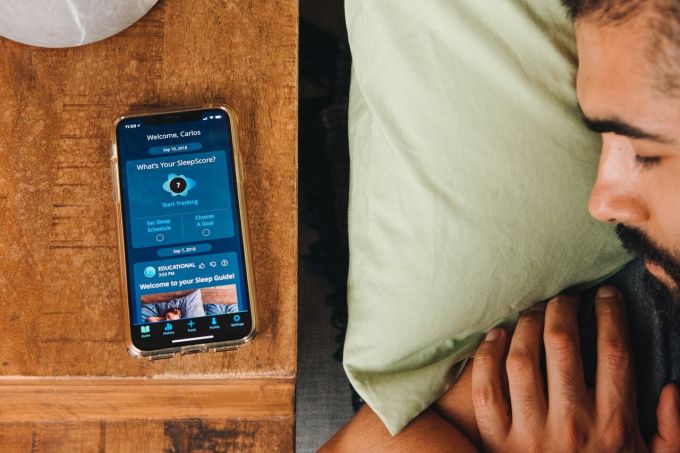
Photo: Rozette Rago
Sleep-Tracking App
SleepScore is an effective and intuitive sleep-tracking app that offers detailed recommendations on how to improve sleep. It’s the only sleep-tracking app that we tested that can help outlining and conquering sleep goals. It has a smart alarm which can be set to wake you up at any prefered interval and it gathers sleep-stage data that’s far more thorough than most competitors.
Its free version will track your sleep for seven days and provide general sleep advice. We think its paid tier is worth the investment, especially if you can benefit from tracking your sleep data long-term, and from following tips for improvement. We like that its sleep trends analysis is easy to understand and navigating setup and settings is a breeze.
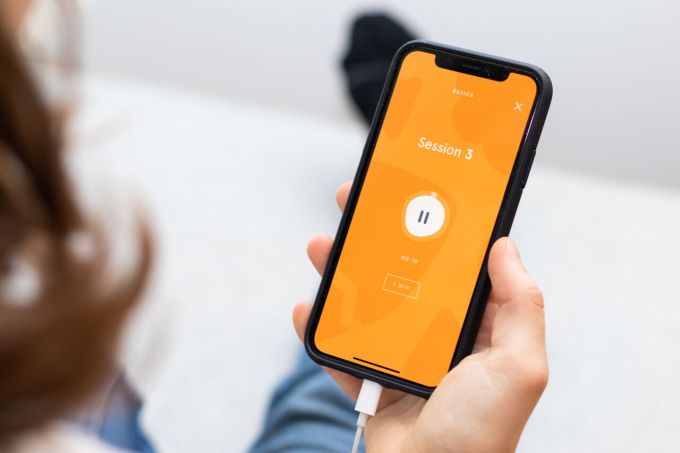
Photo: Michael Hession
Meditation App
For people who are on the go and could use a bit of help focusing or relaxing, we recommend Headspace (iOS and Android). It offers a broad variety of meditations and the most useful and best guided sessions for beginners. You can search meditations by topic, organized them in packs, and adjust the duration of a session.
With segments between three and 20 minutes, you can take advantage of structured courses—which are similar to in-person classes—or do short meditations when all you need is a few minutes of quiet time. Its design and interface are inviting and its library of courses are outlined in a way that helps beginners learn and progress beyond the basics. Headspace also offers advanced session levels and overall the best educational curriculum of any meditation app we tested.
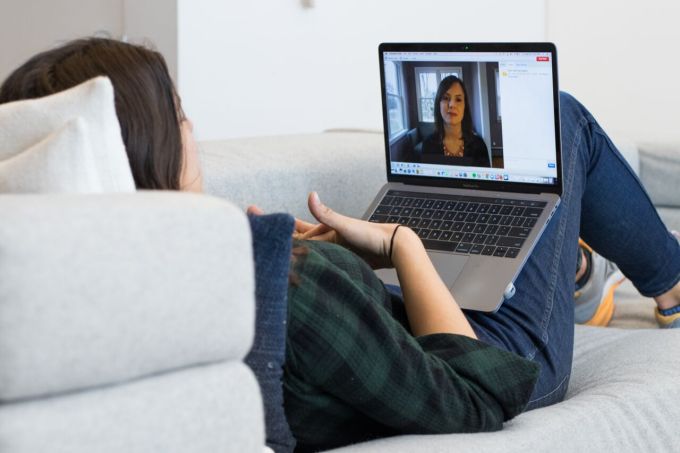
Online Therapy Service
Amwell is the best online therapy service for those who want a therapist but have run into challenges finding one or making appointments. It’s secure and accredited by the American Telemedicine Association which ensures that your sessions are private and that your information is safe—if you’d like to, you can even opt out of showing your face during a video session. With about 600 therapists, you have a better shot at finding one to fit specific needs, and many more therapists to choose from compared to competitor platforms.
Amwell accepts insurance, but if you have to pay out-of-pocket, you can rest well in knowing that the service’s costs align with the top competition. Aside from therapists, there are also doctors and specialists on the platform who your therapist can refer you to. We like the overall video experience which feels like a traditional in-person session, and the prerecordings that walk you through the process before it starts.
These picks may have been updated by Wirecutter. When readers choose to buy Wirecutter’s independently chosen editorial picks, Wirecutter and TechCrunch may earn affiliate commissions.